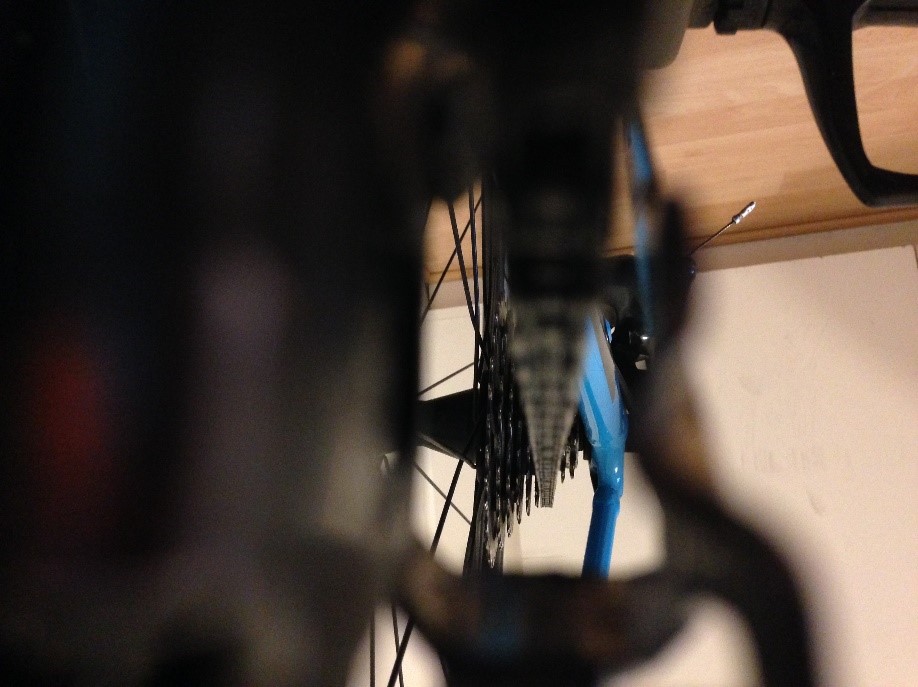Joseph Prestwich: 'Cycling as Metaphor'
My first bike in London was a trusty red and silver Apollo mountain bike, the one I’d had since I was a teenager. Over the course of a year or so, I ran it into the ground, giving up on maintenance and ended up dismantled it completely, living with bits of its metal carcass piled around my room for months after the autopsy was finished.
My second bike was stolen after I carelessly locked it up near my friend’s Bermondsey flat – a sad memory I tend not to dwell on.
My third bike has been with me for five years. His poor bottom bracket is beginning to creak with age. Tommy, as I called him then, has become a sort of Theseus’ ship, with each minute part being replaced over time with something newer and shinier. I still use him as my main means of transport around London, dashing through traffic and zigzagging around careless pedestrians like an erratic teenager, seeing myself as a sort of cross between Geraint Thomas and something out of Mario Kart.
But I also find, sat solidly on my saddle, that my bike becomes a place of refuge. It gives me crucial, unapologetic, focused time to think. Kelina Gotman recently gave an inspiring keynote at a conference about the importance of finding time to leave the university machine and be alone with your thoughts. I find this twice a day on my bike. The stoic cycling mindset kicks in and the distempered voices and bodies of commuters fade into the middle distance. Peddling across London, a sort of separation occurs between body and mind. Whilst the former – almost on autopilot – keeps me from being bludgeoned by a car, avoiding potholes and pedestrians, the latter wanders freely into blissful fields of thought. Commuting by public transport becomes a wilful act of hiding from reality: noise cancelling headphones, nose in a book, newspaper covering face. On a bike, there is nowhere to hide, nothing to prove, no social judgement to avoid. Just yourself, moving through space with your thoughts moving wherever they please.
That said, there is surely nothing more frustrating than having a brainwave whizzing over Waterloo bridge, forming the perfect final sentence, the most apt and original concluding thought, thinking to yourself, “Don’t forget this one this time!”, bouncing it around in your mind the whole journey home, imagining the moment you’ll get in, leap upstairs to scramble for notebook and pen and scrawl it down like Picasso signing off a painting – only to get home and realise it’s disappeared, the idea now a shell of what it was, the lucid syntax muddled, key words you knew were essential lost. Like echoes in a tunnel, the strength of the thought fades, over time. A cruel trick cooked up by a malevolent Greek goddess.
But then, I remember that what I think is only as good as what I write. Most of the time, these moments of cyclo-revelation inspire more than inform. They start a process that turns that white page into a provocation, an exciting threshold to cross, a creative procedure not too dissimilar to scribbling down the goings-on of a dream.
But really, most of the time it’s just me, cycling through traffic, hoping nobody pushes me off.

Joseph Prestwich is a PhD candidate in the German Department at King’s College London. His thesis on German theatrical culture in Britain is funded by the LAHP. Aside from academic work, Joseph is an actor, writer and theatre maker, and has worked in theatres across the UK and Europe. He is a member of ShakeItUp Theatre, an improvised Shakespeare company.
